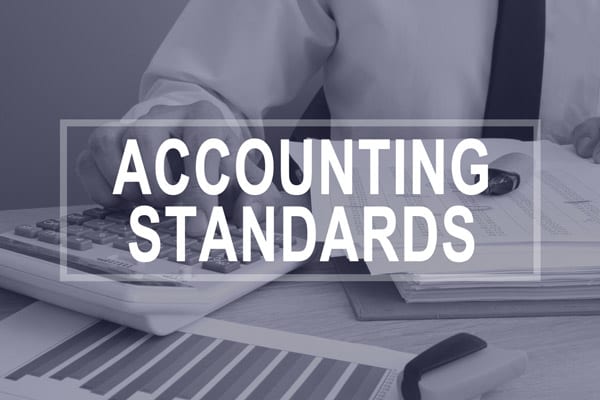Private companies received word last month that the effective date of the impending lease accounting standards, ASC 842, could be getting delayed another year (until January 2021).
While many private companies, nonprofits and small reporting companies likely rejoiced at this news, experts say that delaying the inevitable and going back to normal practice could hurt them in the long run.
Therefore, it’s important to stay ahead of the deadline even if you get one more year of breathing room. Otherwise you seemingly could run the risk of falling behind.
The topic of lease accounting has been discussed several times but when I came across a recent article on AccountingWeb talking about why it’s best to be proactive no matter the effective date, I thought it was worth sharing again.
Take a look at the 4 Reasons Not to Delay the New Lease Accounting Standards below.

1. It gives you time to understand your leases.
Make sure your team can identify all the leases you have and create a lease inventory. Often, lease practices are decentralized, and one office might not know what has been signed at another. Further, some leases can be buried within other contracts. That’s why building an inventory can allow for all leases to be recognized, organized and classified appropriately.
2. It gives you time to figure out the technology and systems.
A part of gathering all the various types of leases includes figuring out where and how to house the information. With so many technologies taking over the accounting and finance function, it makes sense to implement some sort of cloud-based tool instead of opting for hard copies. This will allow for more efficiencies and data integrity down the line.
3. It gives you time for extra training and other readiness.
In the timeframe between now and the effective date of the new lease accounting standards, it’s key to use the time wisely. Whether that is getting extra training for your team members or growing your team by headcount, use the time wisely so that you are ready for whatever may come. Taking a strategic approach and thinking long term is a good way to use the added time, if and when it’s officially handed to you.
4. It gives you time to prepare the timeline.
The AccountingWeb article makes a good point: If the effective date is indeed pushed back, that means that you and your team will still have one year-end, at least one audit and two budget cycles between now and then. So, you really have to keep a tight timeline on all your big projects between now and then. It’s best to create one timeline that interweaves all the necessary steps of the lease transition into your regular projects in order to capture everything you will need to consider—and with a sense of urgency.
What are some other reasons to push forward with the implementation of the new lease accounting standards even if the effective date gets pushed back? Comment below and let us know!